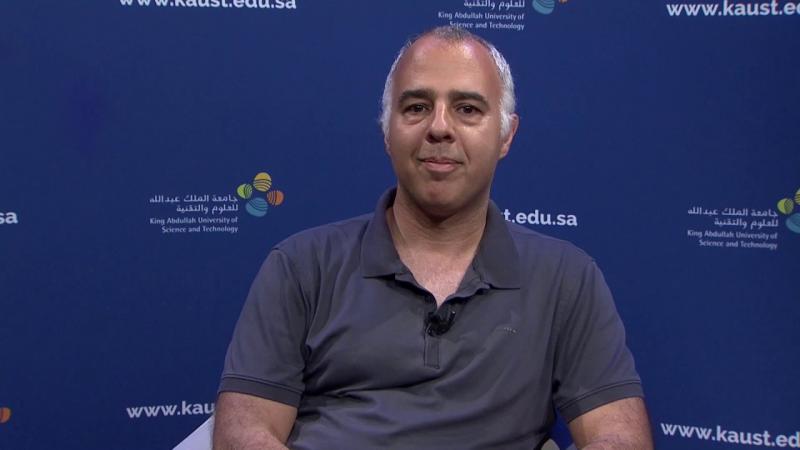Abstract
The accurate numerical prediction of complex processes in medicine, science, and engineering requires a well balanced interplay of mathematical models, numerical methods, and scientific software. In this talk, we discuss along different examples from engineering, earth-sciences, and medicine the various challenges in building predictive models. Our focus will be on the algorithmic aspects, i.e. on the numerical methods, -may it be finite elements or neural networks in the context of massive parallelism. We will present in particular parallel preconditioners for non-linear problems, which we will employ for the solution of complex problems at scale and will discuss how to combine efficiency, parallelism, and convergence control for various applications.
Brief Biography
Prof. Rolf Krause's research focuses on numerical simulation, machine learning, optimization, and data driven approaches. The complexity of real-world applications constitutes a challenge for model and data-based prediction, turning the development of models and of solution methods into a challenging task. In addition to a well-balanced combination of methodological and mathematical knowledge, it also requires experience in dealing with subtle aspects of the implementation.
Rolf Krause holds a chair of advanced scientific computing in the faculty of informatics and is the director of the institute of computational science (ICS). He is also the Co-director of the Center for Computational Medicine in Cardiology (CCMC) at USI
From 2003 to 2009, he was professor for Scientific Computing at the University of Bonn. During that time he spent a sabbatical at UC San Diego (USA) and Columbia University New York (USA). In 2002 he was on a research visit at the Courant Institute (NYU, New York). He holds a Diploma and a PhD (2000) in Applied Mathematics from FU Berlin (Germany). He is the head of the group "High Performance Methods for Numerical Simulation in Science, Medicine, and Engineering".

